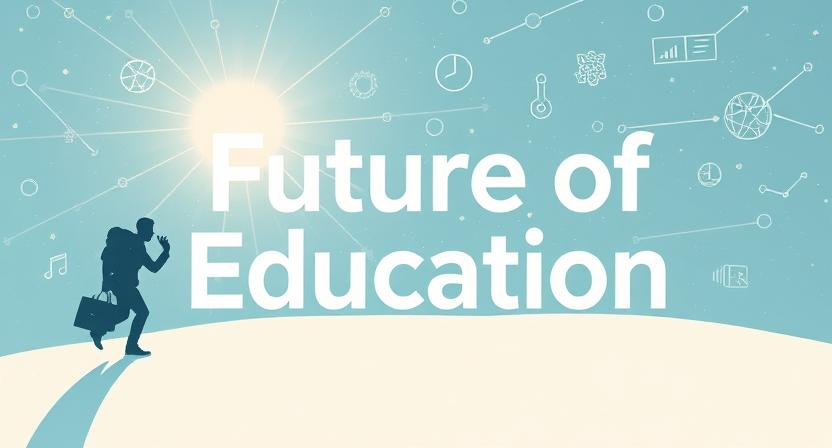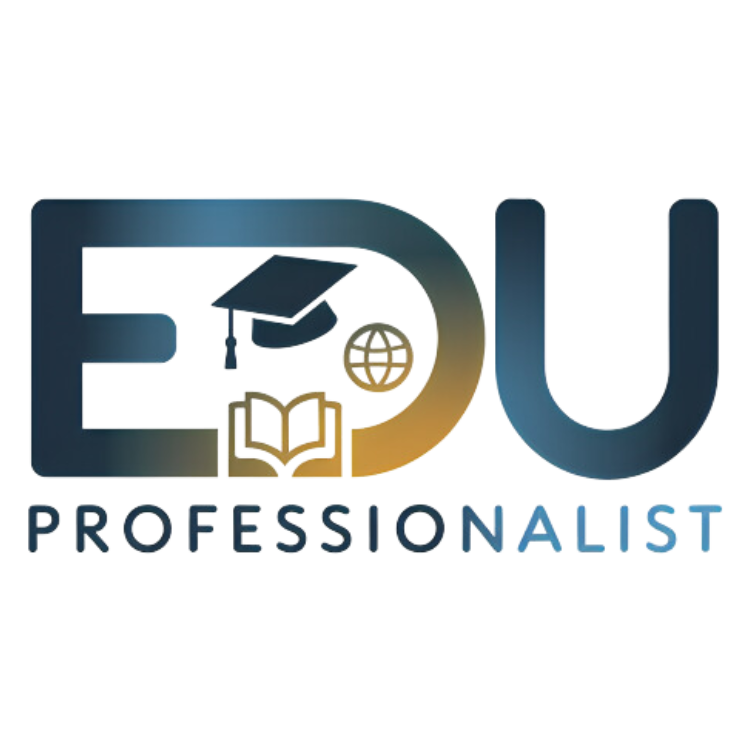The Future of Education: Trends Every Edu-Professional Should Know

Introduction
The education landscape is evolving rapidly, driven by technological advancements, shifting student needs, and global challenges. For educators, staying ahead of these trends is crucial to providing relevant, engaging, and effective learning experiences. Here are some key trends shaping the future of education. Know What Others Say About the Future od Edu
Personalized and Adaptive Learning
Artificial Intelligence (AI) is revolutionizing education by enabling personalized learning experiences. Adaptive learning platforms use AI to assess student performance in real-time, adjusting content and teaching methods to suit individual learning styles. Tools like chatbots, AI tutors, and automated grading systems are making education more efficient and accessible.
Moreover, AI-driven analytics help educators identify learning gaps, allowing for timely interventions. For example, platforms such as Coursera and Duolingo utilize AI to tailor lessons based on user progress. This shift towards individualized education ensures that students receive a customized learning journey that caters to their strengths and weaknesses.
Hybrid and Online Learning Models
Augmented Reality (AR) and Virtual Reality (VR) are reshaping how students interact with learning materials. These technologies provide hands-on experiences, making abstract concepts easier to understand. In medical schools, for example, VR simulations allow students to practice surgeries without risk, while AR applications bring history and science lessons to life.
Beyond higher education, K-12 classrooms are also embracing immersive learning. Geography students can take virtual field trips to the Great Wall of China, and physics students can experiment with simulations in zero gravity. This engaging and interactive approach fosters deeper understanding and retention of information.
AI and Automation in Education
AI-powered tools are transforming education by automating administrative tasks, enhancing student engagement, and providing real-time feedback. From AI tutors to automated grading systems, these technologies help educators focus more on teaching and mentoring.
Skills-Based and Competency-Based Education
Employers increasingly value skills over degrees, prompting a shift toward competency-based education. Programs focusing on critical thinking, problem-solving, and digital literacy ensure that students are prepared for the evolving job market.
Gamification and Immersive Learning
Gamification elements, such as points, leaderboards, and badges, make learning more engaging and interactive. Meanwhile, immersive technologies like virtual reality (VR) and augmented reality (AR) provide hands-on learning experiences, especially in subjects like science, history, and engineering.
Lifelong Learning and Micro-Credentials
Continuous learning is becoming the norm in a fast-changing world. Micro-credentials and short certification programs allow professionals to upskill and reskill efficiently, making education more accessible beyond traditional degrees.
Social-Emotional Learning (SEL) and Mental Health Awareness
While technical skills remain important, there is a growing emphasis on soft skills such as critical thinking, communication, emotional intelligence, and adaptability. Schools and universities are incorporating courses and workshops focused on teamwork, leadership, and problem-solving to prepare students for the modern workforce.
Additionally, mental health awareness and well-being are becoming integral to education. Institutions are implementing support programs, mindfulness practices, and stress management workshops to create a more balanced learning environment.
EdTech and the Digital Divide
While EdTech innovations enhance learning, they also highlight the digital divide. Bridging this gap through equitable access to technology and internet connectivity remains a key challenge for policymakers and educators.
Globalized and Inclusive Education
Cultural exchange programs, international collaborations, and remote learning opportunities are making education more globalized. Furthermore, inclusivity in education—catering to diverse learning needs and disabilities—is gaining prominence.
Sustainable and Green Education
Sustainability is becoming a core focus in education. Institutions are incorporating environmental awareness into curricula, promoting eco-friendly campuses, and using digital materials to reduce waste.
Final Thoughts
The future of education is dynamic and evolving, driven by technology, changing student needs, and new learning methodologies. From AI-powered personalized learning to immersive AR/VR experiences, the education landscape is shifting towards more interactive, flexible, and skill-based learning models. As an education professional, staying informed about these trends is essential to ensuring students receive the best possible learning experiences.
By embracing these innovations, educators can create a more engaging, effective, and future-ready education system that prepares learners for the demands of an ever-changing world.
Staying informed and adaptable is key to thriving in the evolving educational landscape. Stay Updated with the Latest Educational Policies and Reforms
